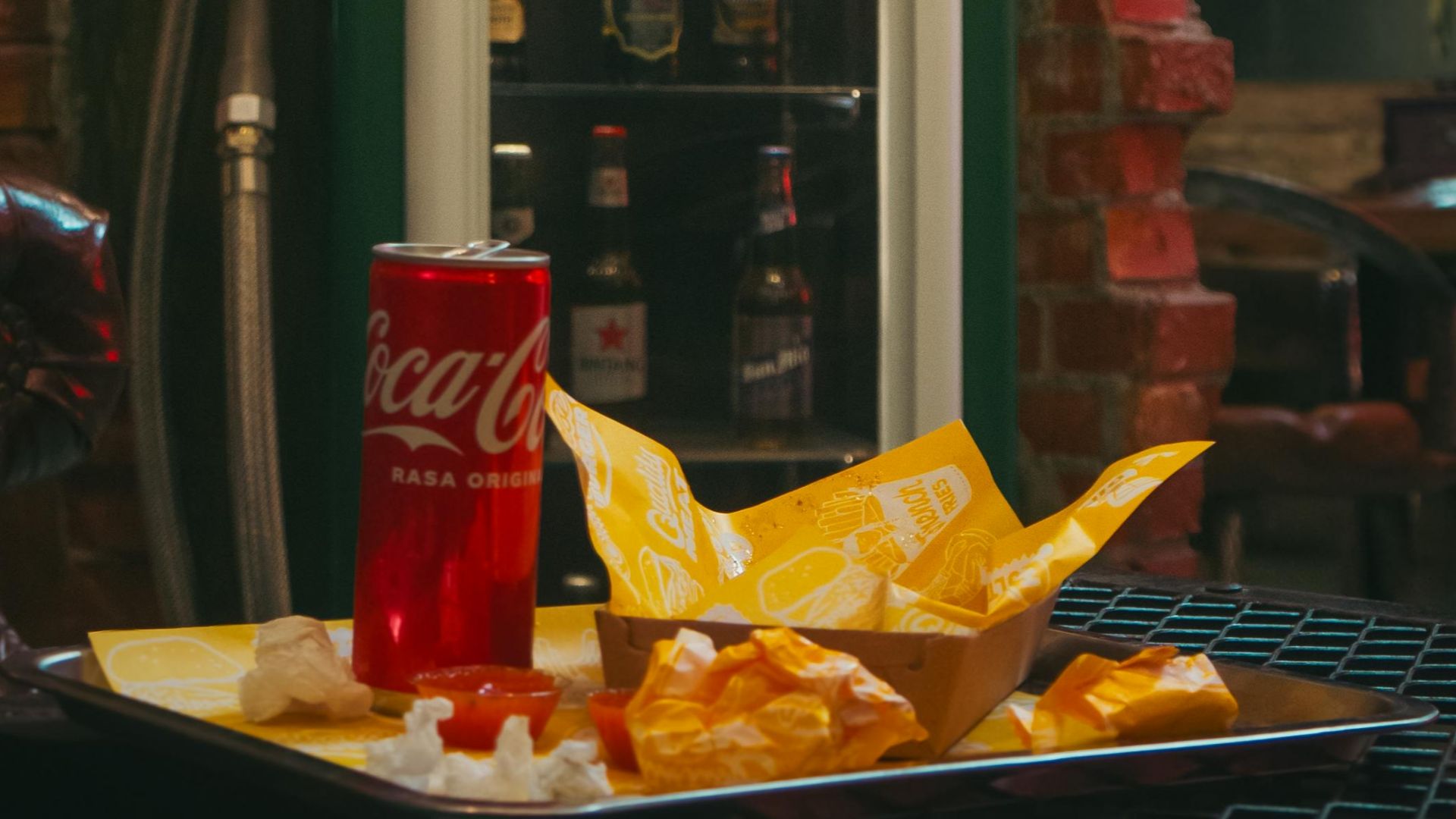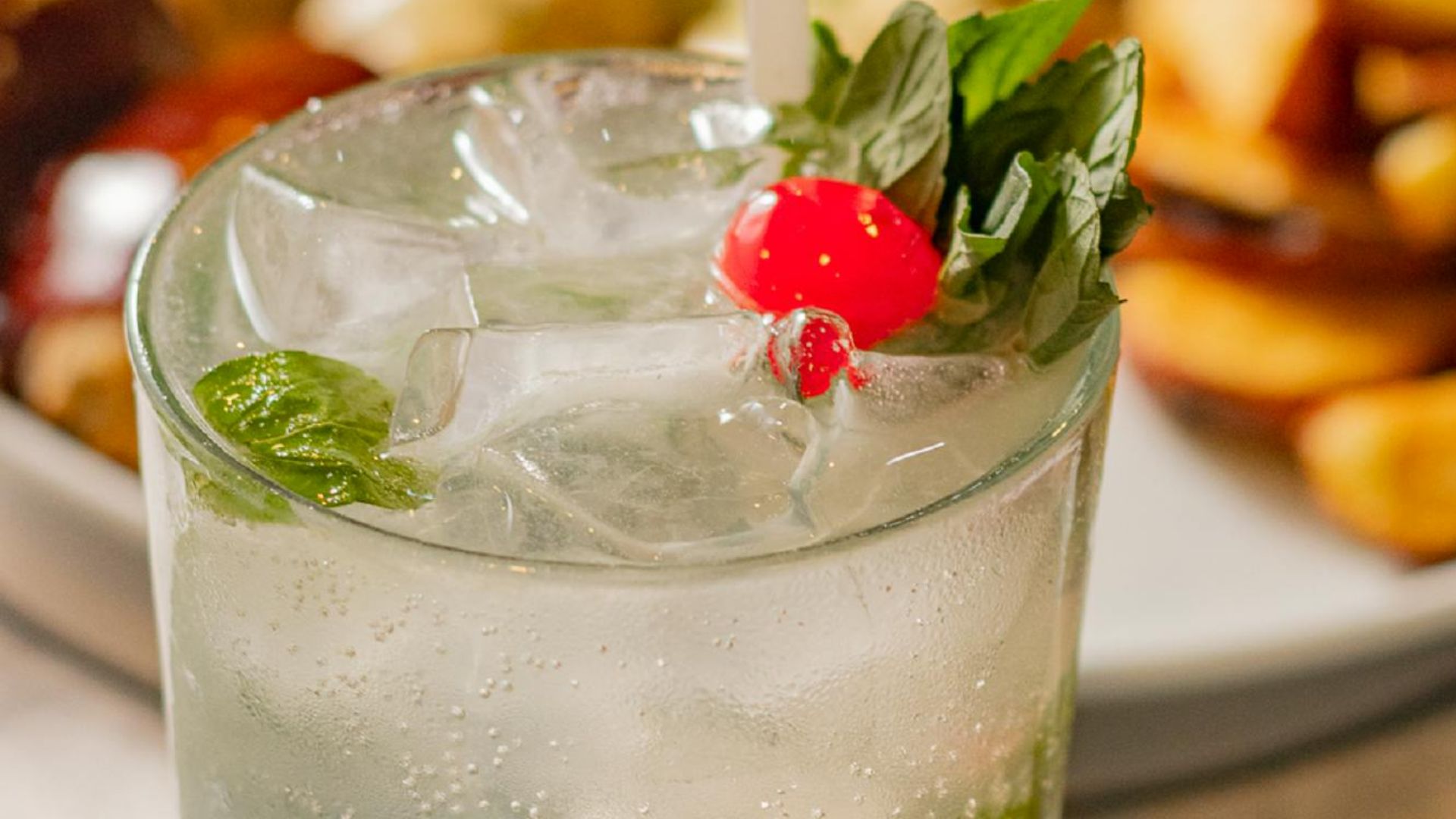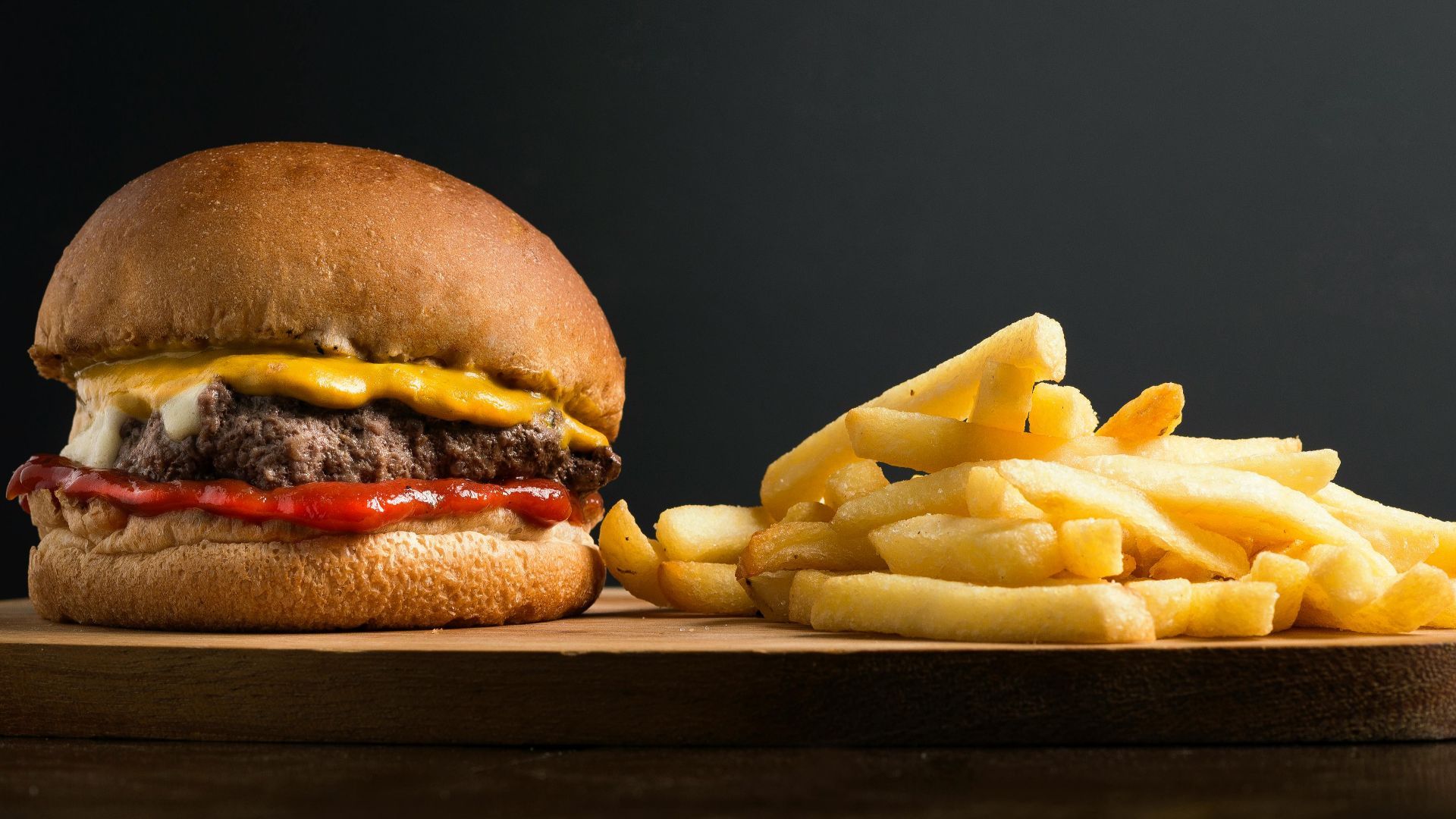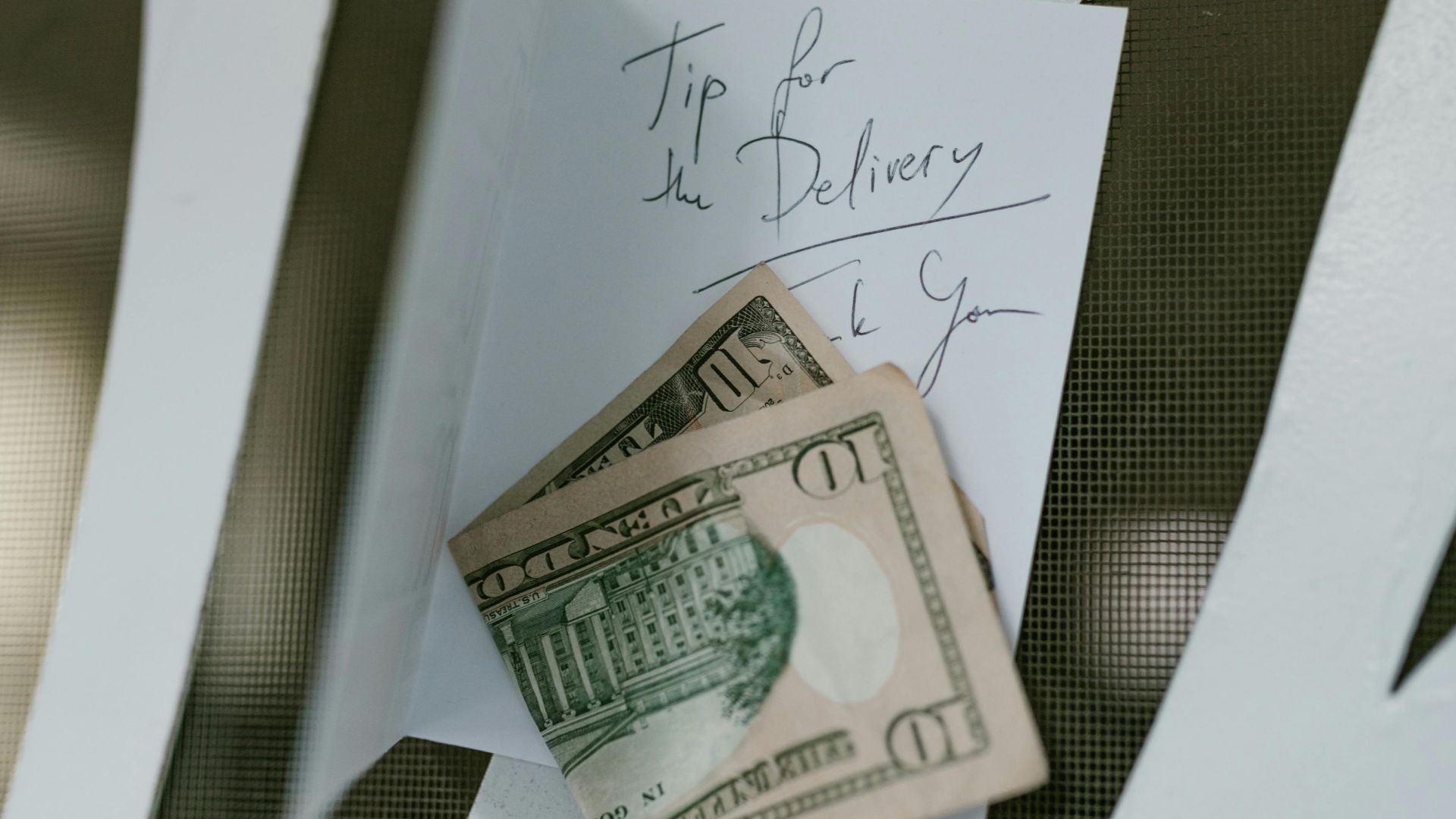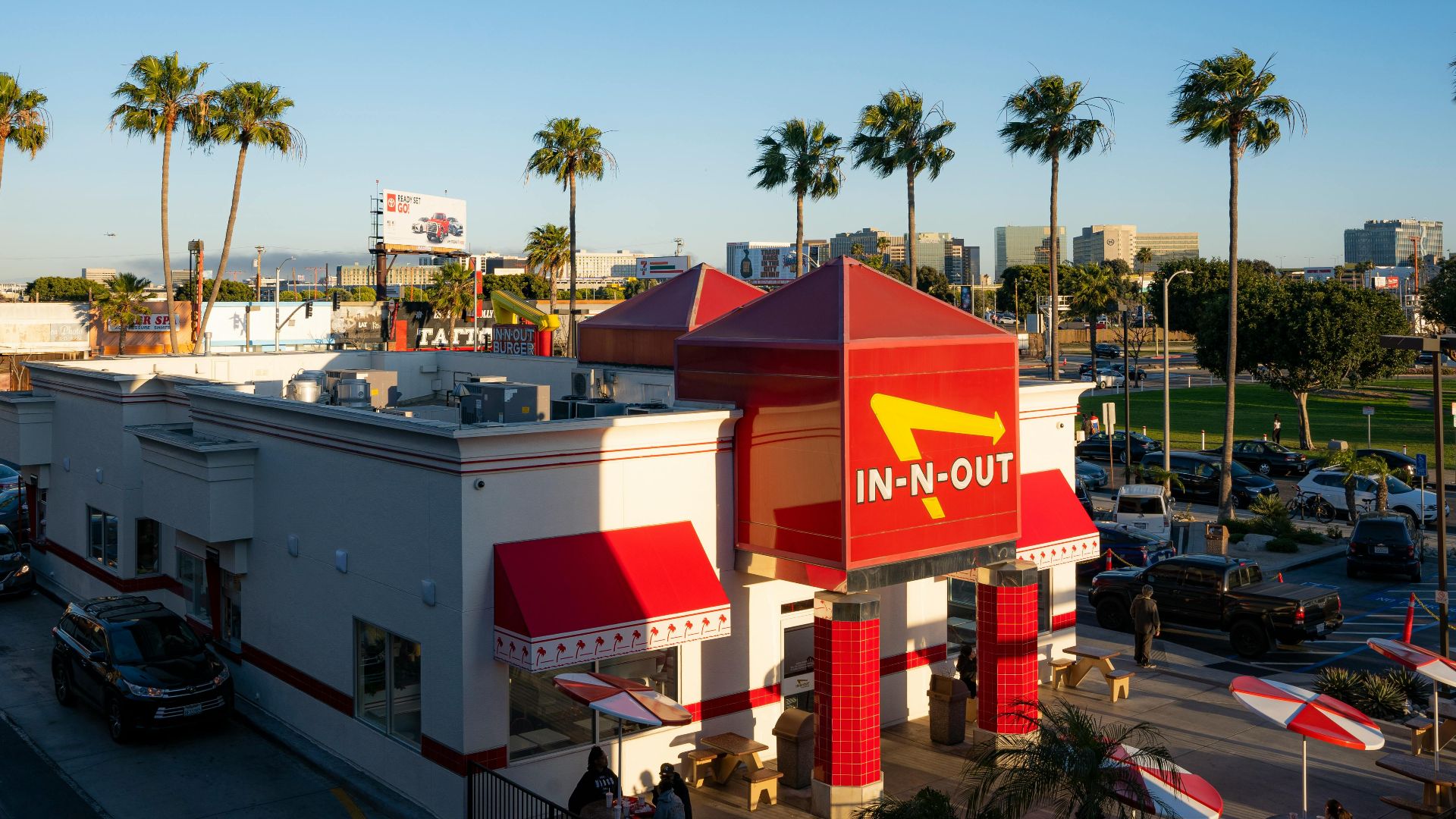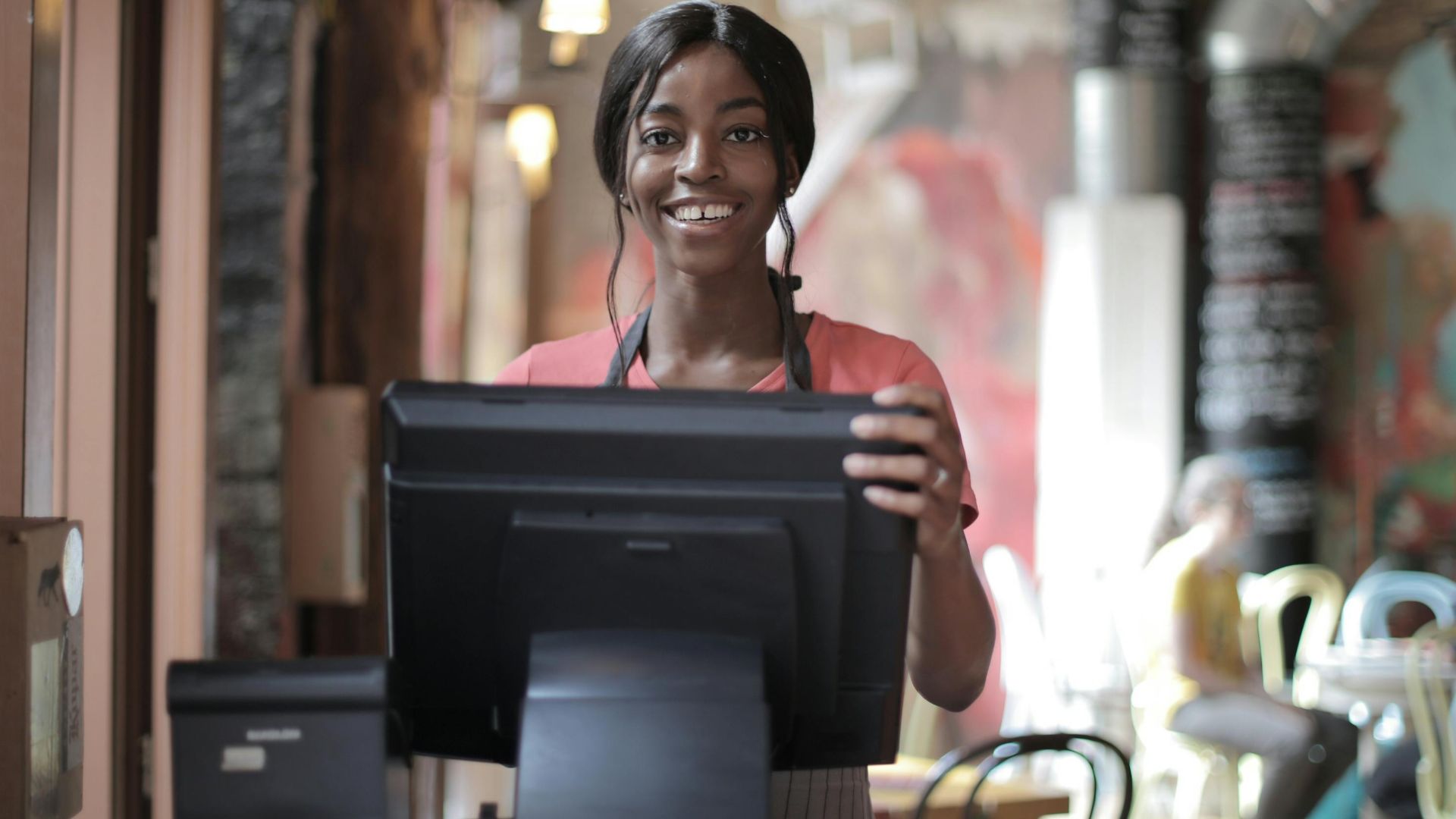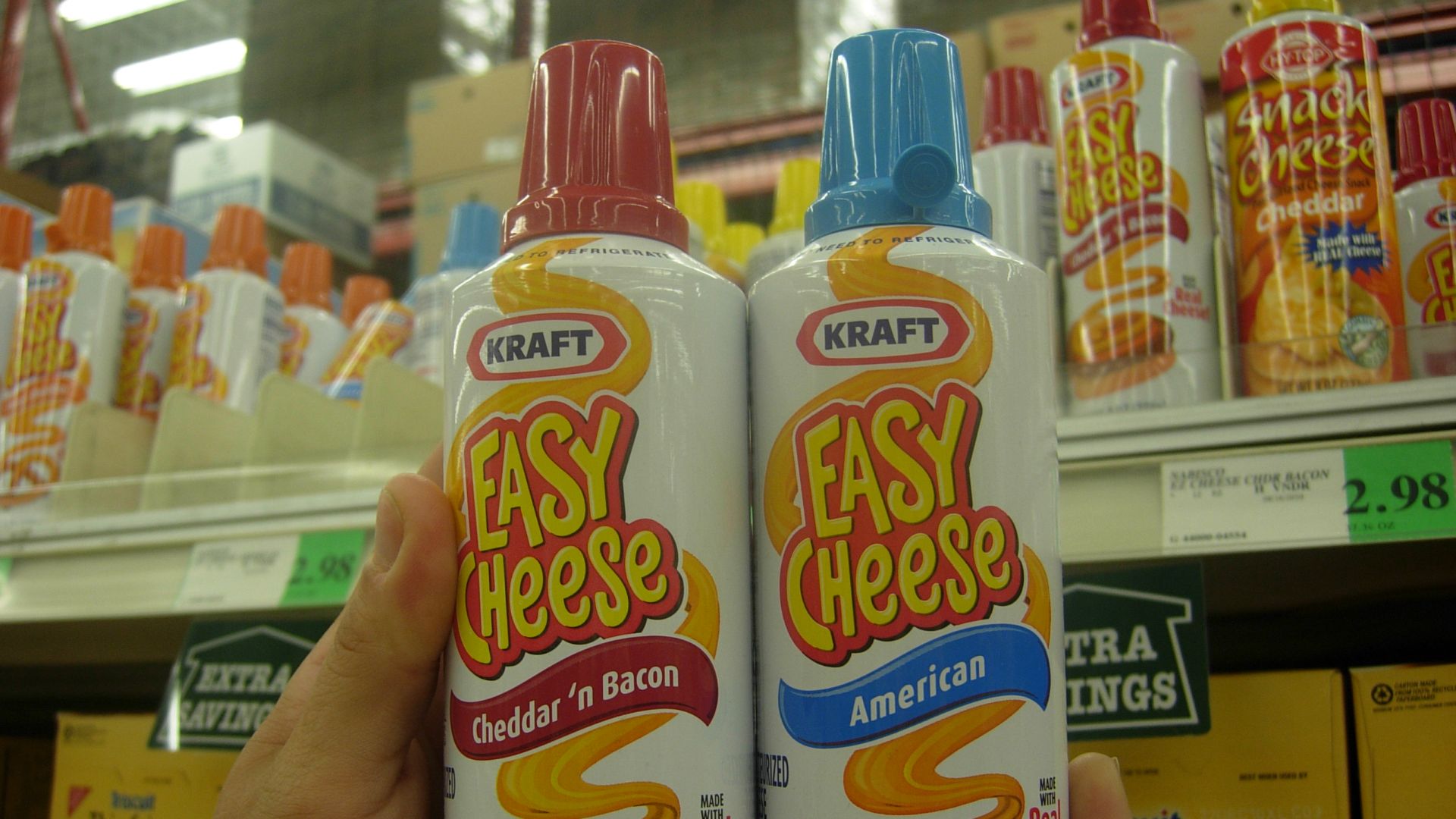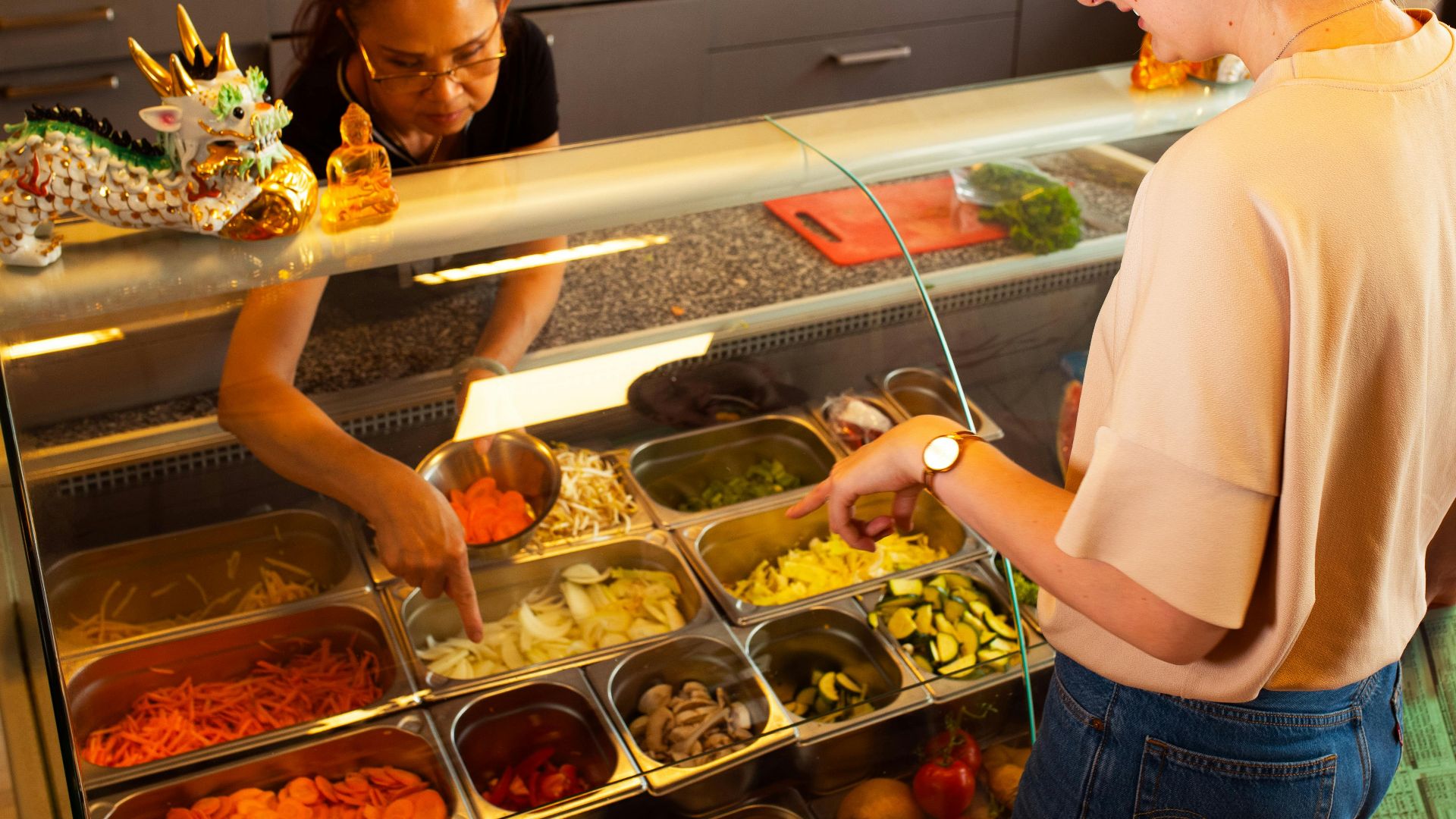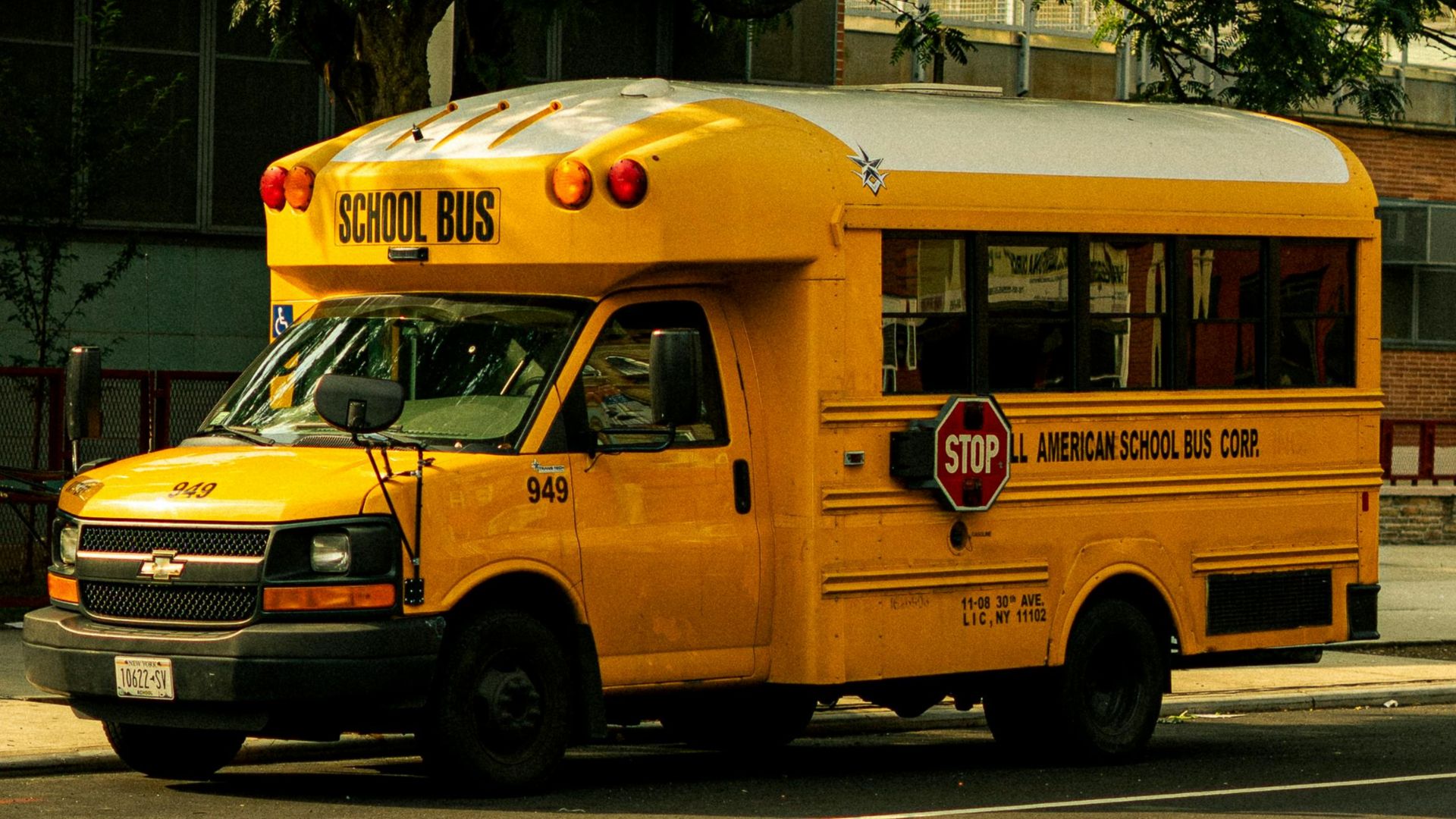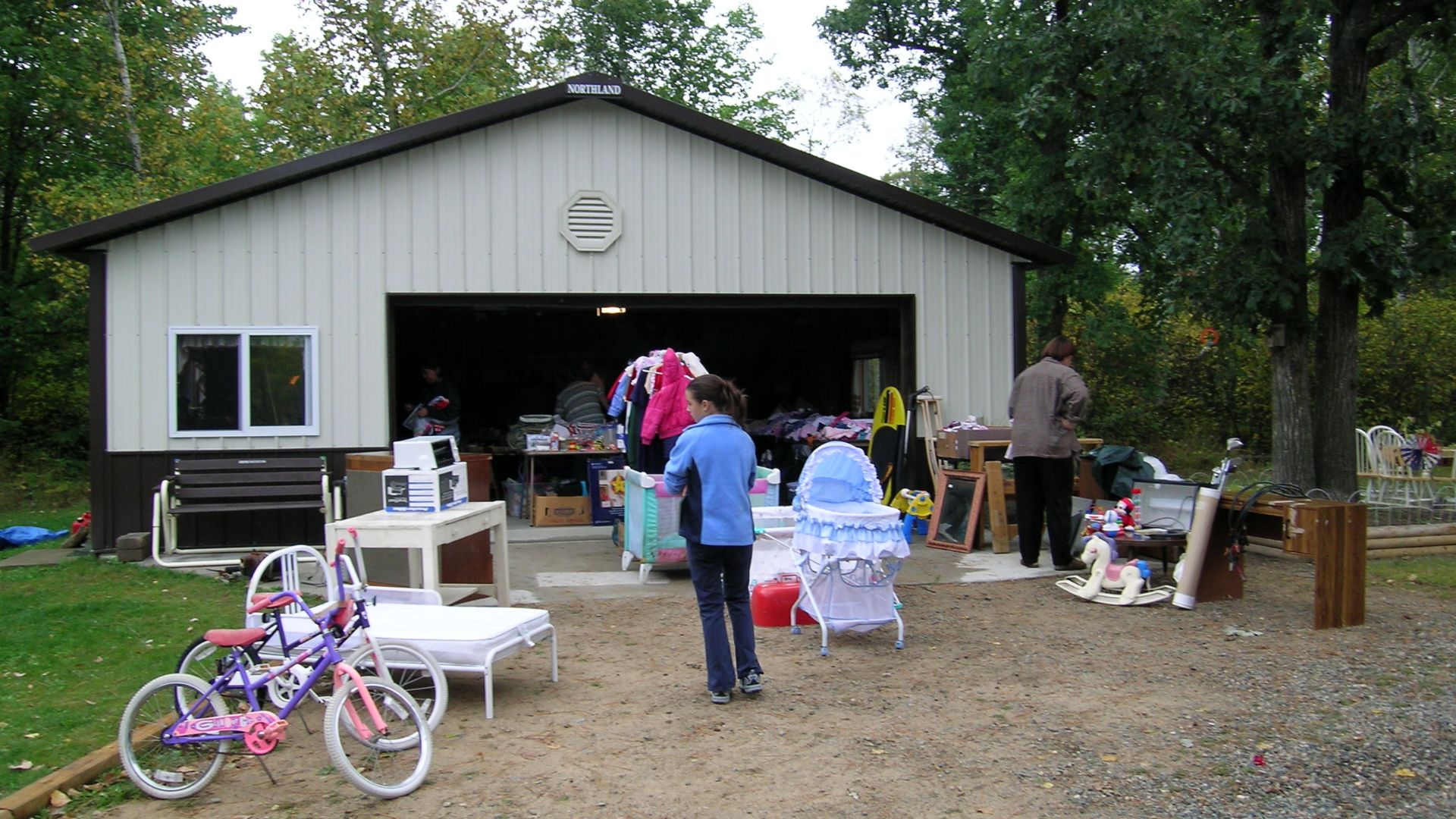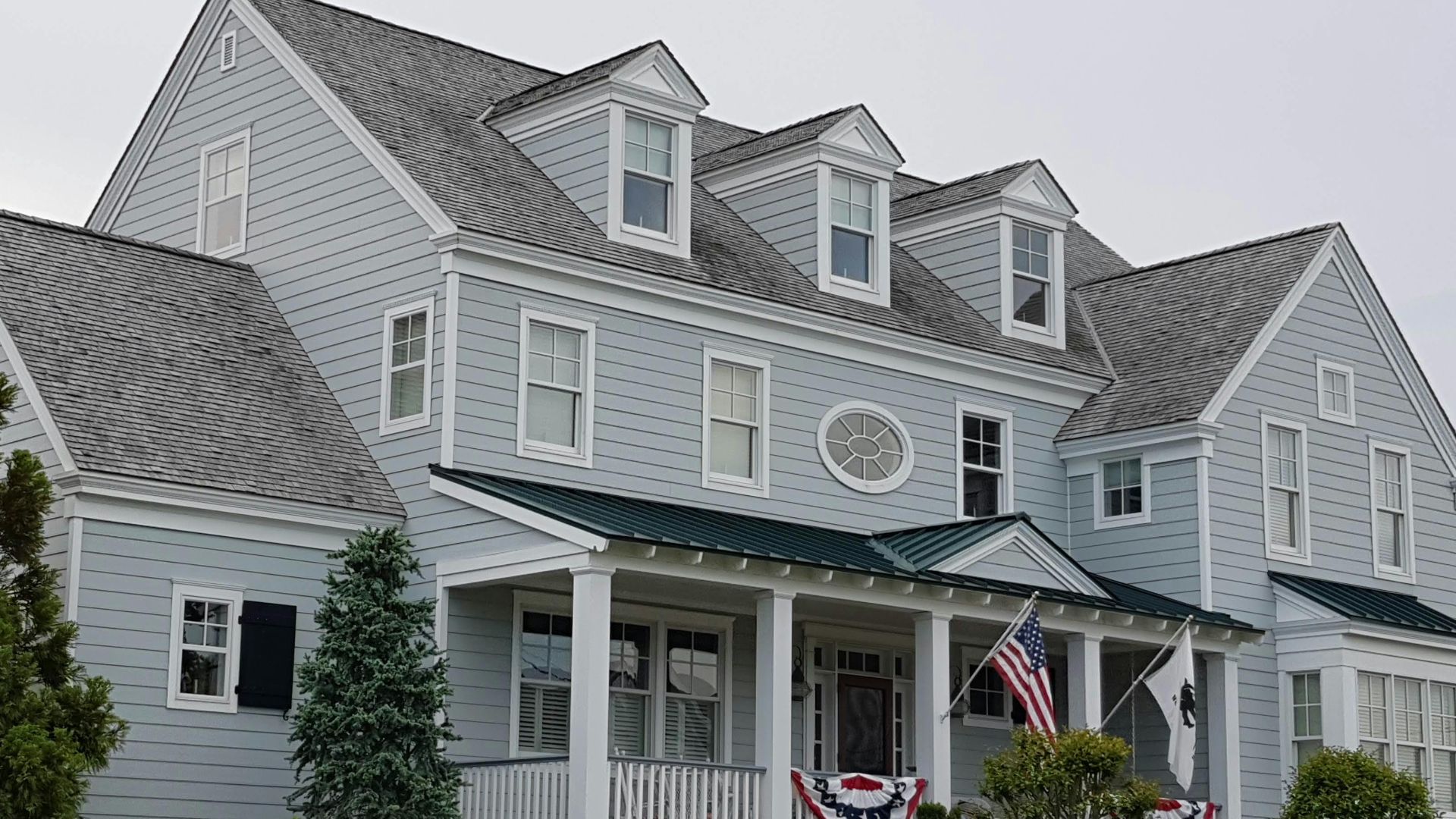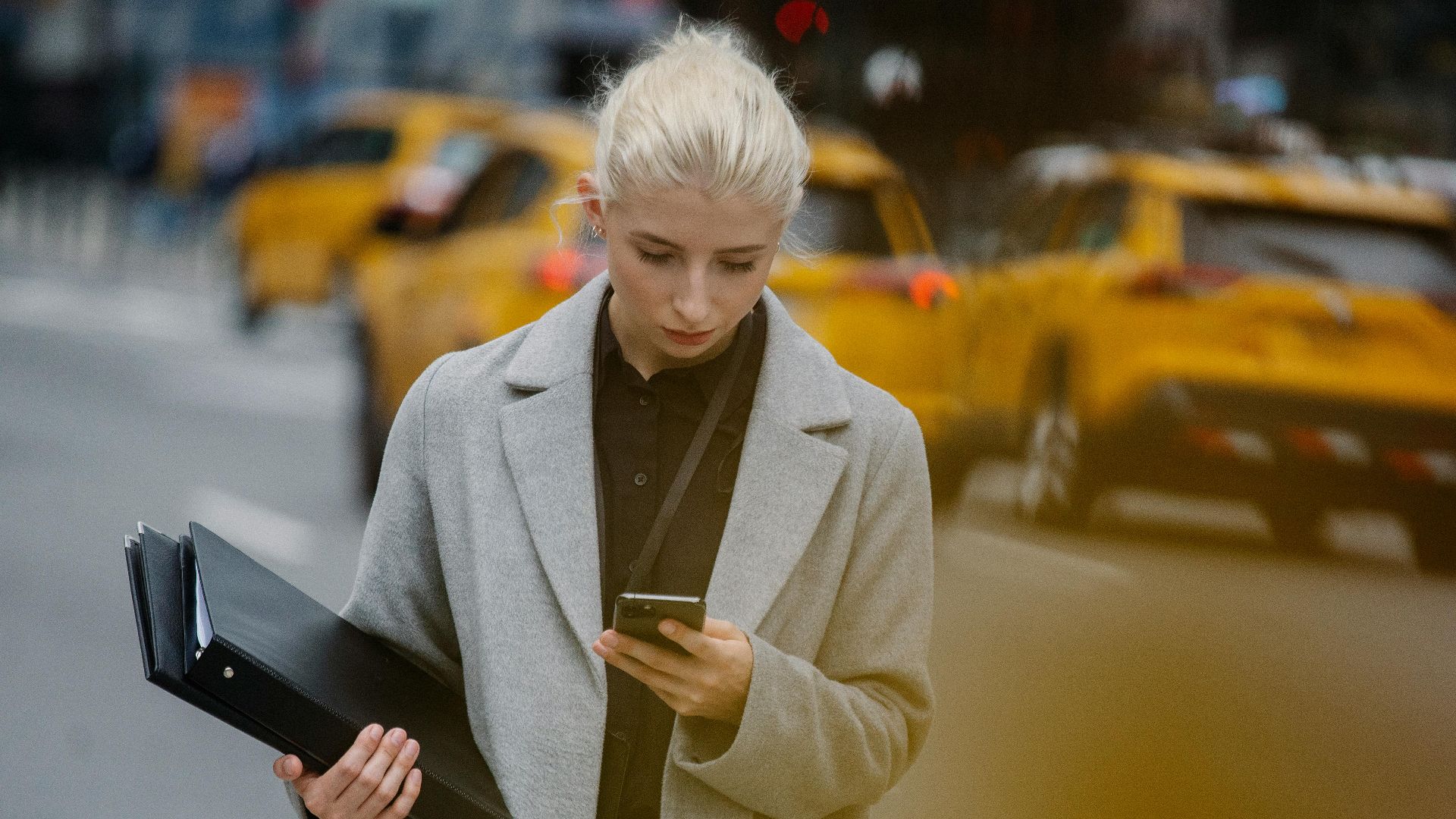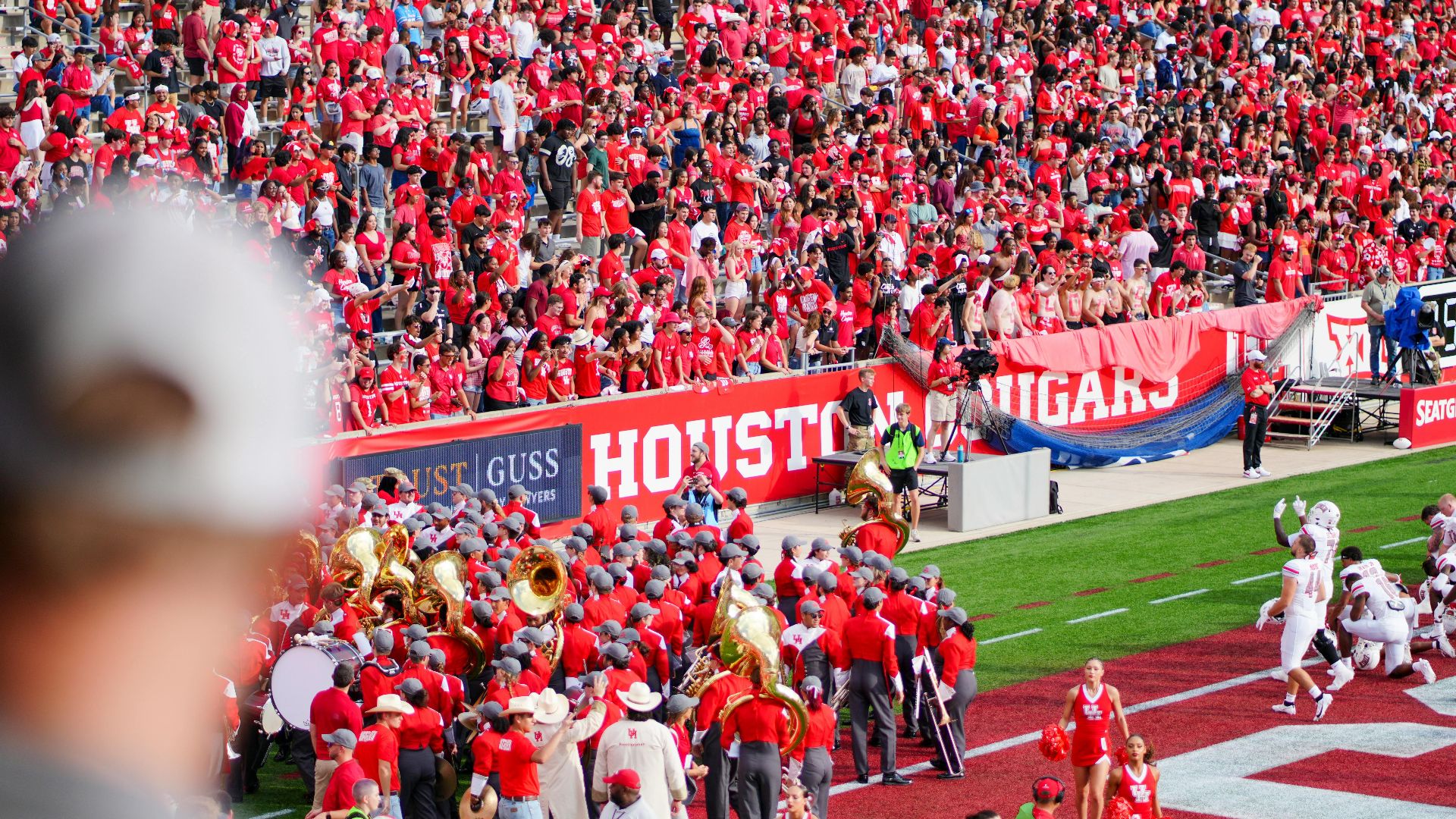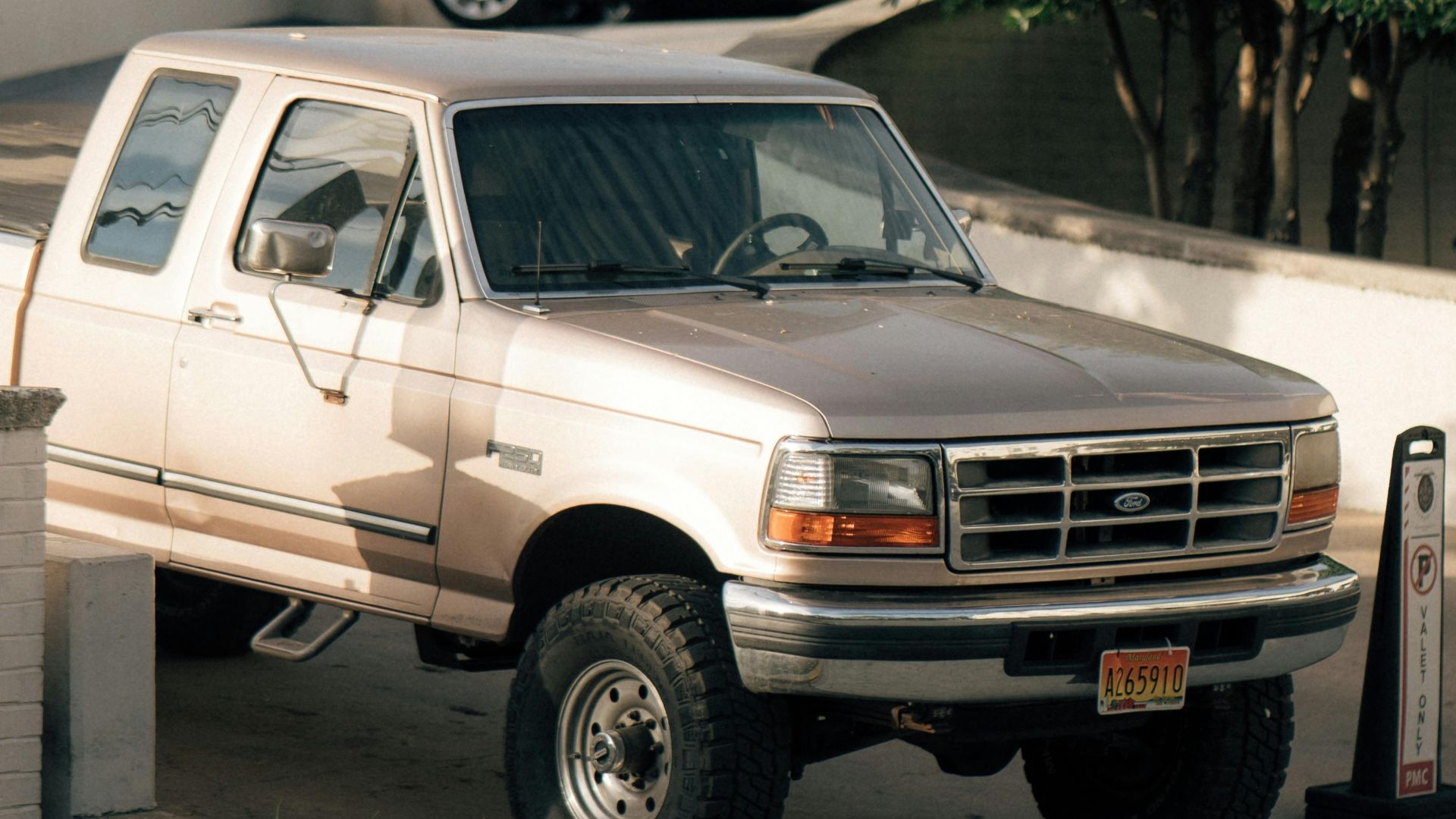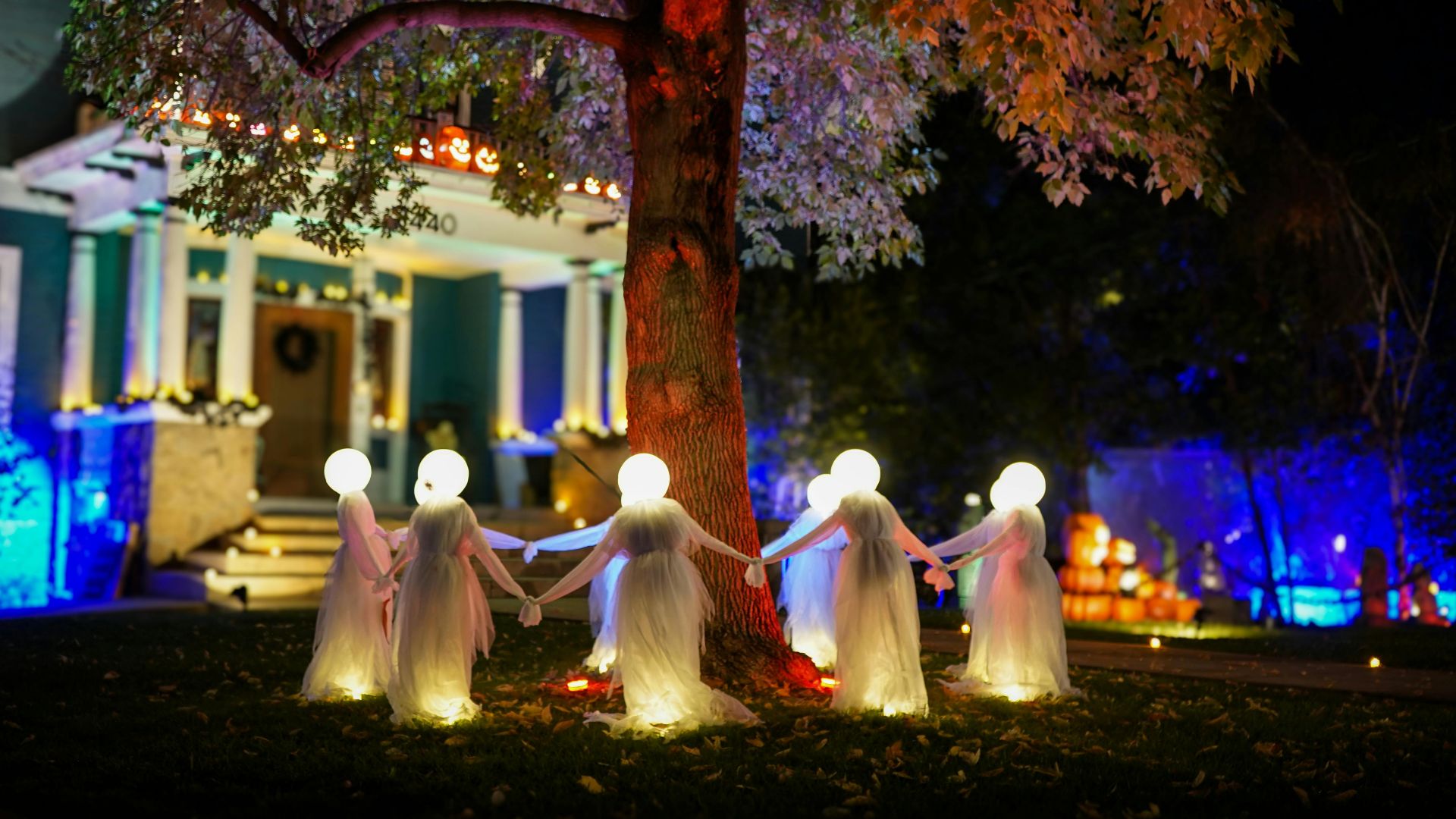Cultural Quirks
Many everyday things in the US seem ordinary until they disappear abroad. What looks like convenience or custom at home can feel annoyingly unusual elsewhere.

Price Tags Without Sales Tax
Tax-inclusive pricing is standard in Japan and across the EU, which helps shoppers immediately see the final cost. In contrast, American shelf prices exclude tax. Because rates vary by state and city, stores display base prices, with the tax calculated only at checkout.
Free Refills
Sit down at an American diner, and the server will likely offer another round of soda before you finish the first. Refills aren't free and are rarely offered in countries like Germany or South Korea. Most drinks come in bottles, with no expectation of replenishment.
Ice In Every Drink
And while we’re on the topic, few American dining habits stand out more than the mountains of ice dropped into every glass. In Italy, you may receive a drink with no ice unless requested. In Japan, too much ice is even considered unwelcome.
Supersized Portions
Studies, such as a 2018 Business Insider comparison, show that American fast-food portions are larger than those in the UK or Japan. Many meals fill an entire plate or more. Abroad, this sizing is often seen as excessive or out of step with dietary norms.
Sugar For Breakfast
In the US, cereal aisles feature options with as much as 18 grams of sugar per serving, frequently marketed to children. By contrast, a traditional French breakfast might feature buttered bread and coffee. In Korea or China, breakfast leans towards savory, like soup or vegetables.
Peanut Butter Everywhere
Nut spreads like Nutella or almond butter are more common in European households than peanut butter. Many Europeans find peanut butter overly rich or unfamiliar. Meanwhile, in the US, it's a pantry fixture that shows up in smoothies and countless childhood sandwiches.
Tipping Expectations
The US service economy relies on tips to supplement wages, with 15% to 20% seen as standard. But in Japan or South Korea, tipping is rare and often refused. Many European nations include a service charge in the bill or pay higher base wages.
Drive-Thru Everything
Zoning laws and walkable infrastructure in cities like Amsterdam or Paris make drive-thrus largely unnecessary. In the US, their success is tied to suburban planning and car-first lifestyles. Everything from prescriptions to weddings can be handled without leaving the driver's seat.

History's most fascinating stories and darkest secrets, delivered to your inbox daily.
Overattentive Customer Service
In Scandinavia, minimal service is a sign of respect, not neglect. Servers often avoid interrupting meals unless necessary. By contrast, American hospitality norms encourage repeated check-ins during dining—"How is everything?"—as part of a culture that values lots of engagement.
Spray Cheese
Canned spray cheese is widely available in US supermarkets, besides crackers or snacks. While it's a convenient novelty domestically, many countries ban or avoid such processed cheese products due to stricter food regulations and different culinary standards.
Unlimited Offers And Buffets
Don't expect bottomless drinks or uncapped mobile data if you're in Germany or the UK. These countries often favor measured consumption. But in the US, "unlimited" offerings, from soda fountains to Sunday brunch, highlight a national appetite for excess and convenience.
Air Conditioning As Standard
AC remains uncommon in much of Europe. Only about 13–19% of German homes use it regularly, per Clean Energy Wire, while UK usage stays similarly limited. And in contrast, about 90–92% of US households rely on AC during summer heat waves, as stated by EIA.
Yellow School Buses
American school buses' distinctive color and federally mandated design are more than aesthetic—they are engineered for visibility and safety. Around 25 million students rely on them daily in the US. Elsewhere, school transport is decentralized, often handled by families or public transit.
Yard Sales
Secondhand selling happens through consignment shops or flea markets in many countries. Yard sales, however, are a distinctly American ritual. Families set up tables on their lawns and invite neighbors to browse unwanted items. The practice reflects a relaxed approach to resale and community connection.
Prescription Drug Commercials
Only two countries—New Zealand and the US—permit television ads for prescription drugs. Most others prohibit them altogether. In the US, these ads must include lengthy side-effect disclosures, often delivered in rapid succession near the end of the commercial.
 Photo By: Kaboompics.com, Pexels
Photo By: Kaboompics.com, Pexels
High School Prom Ritual
Few school events in the US match the anticipation and formality of prom night. Students plan for weeks, organizing groups, renting attire, and arranging transportation. At the same time, other countries may hold school dances, but few place as much cultural weight on them.
Flags On Private Property
Flag displays are a daily sight on porches and even in apparel in the US. Patriotism often finds bold visual expression in ordinary settings. In contrast, countries like Germany or France typically reserve their flags for formal events or official institutions.
Red Solo Cups
Red Solo cups are rarely seen on store shelves abroad. Their fame owes more to their frequent use in American movies than to global practicality. Hollywood party scenes, not international demand, propelled them into iconic status.
Work As Identity
In Europe or Latin America, conversations often begin with hobbies or family. But in the US, "What do you do?" typically means your profession. Long hours and career-centric lifestyles have turned jobs into primary identity markers. Many even describe themselves by job title first.
Casual Small Talk
Did you know Americans are more likely to talk to strangers in elevators or checkout lines? It's true. While silence is the norm in places like Finland or Japan, Americans often make small talk, brief exchanges that reflect a cultural comfort with casual friendliness.
Warning Labels For Everything
"Do not eat this packaging" or "Not for internal use", US warning labels can sound absurd, but they serve a legal purpose. Other countries issue fewer warnings, as there's a greater emphasis on individual responsibility and a shared understanding of everyday risks.
Legal Drinking Age Of 21
Most countries permit alcohol consumption by 18, which makes the US standard feel unusually strict to many travelers and exchange students. Travelers and exchange students often express surprise. The national drinking age of 21, set in 1984, remains one of the highest legal thresholds in the developed world.
Obsession With College Sports
College stadiums in the US regularly fill with fans and school merchandise. Sports programs generate millions and receive prime-time coverage. But there are places where university athletics remain modest and underfunded, without the fanfare or institutional priority seen on American campuses.
Pickup Trucks As Daily Drivers
Narrow roads and high fuel prices in cities like Tokyo or Paris make pickup trucks impractical for daily driving. These vehicles are used mainly for commercial purposes in much of the world. But in the US, they're a top-selling choice for private use.
Halloween As A National Spectacle
Each October, American neighborhoods erupt with inflatables and themed yard displays. According to 2024 Capital One Shopping data, Halloween generates approximately $12.2 billion annually in the US. Though other countries observe it more modestly, not many can match the scale of this celebration.



